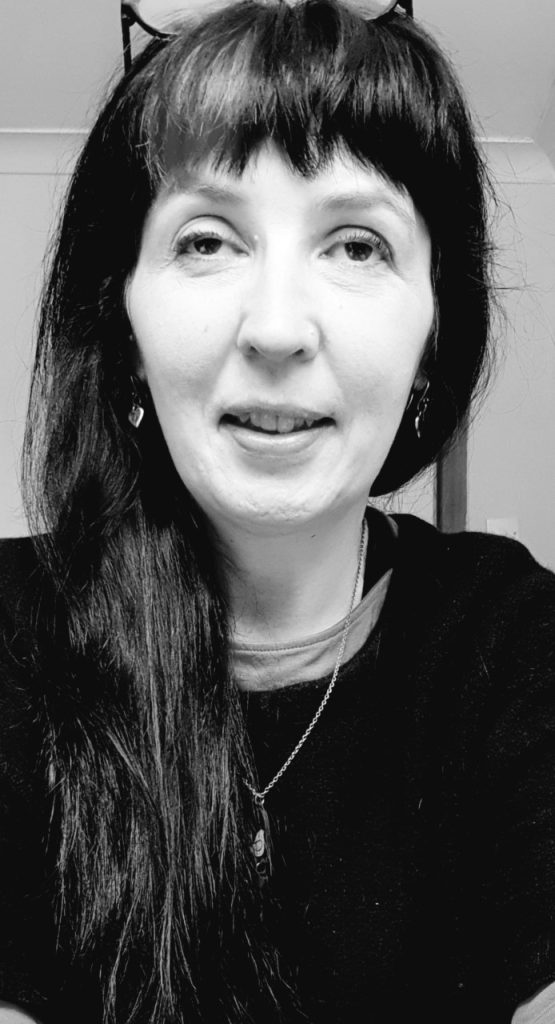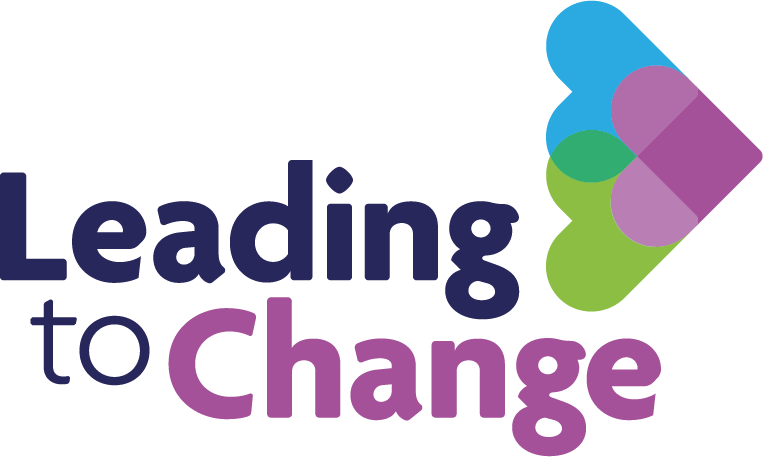Respecting diversity through joint social action
21/03/2023 -
By Susan Nevill
When I was asked to write this blog the first thing that went through my mind was – I don’t write like I speak – which I find is a theme that occurs quite regularly. So here goes…
As a social worker of over 20 years, I am comfortable with the concept of diversity – in all its many forms – and over my career I have worked with many diverse populations such as those experiencing homelessness, drug and alcohol addictions, Criminal Justice and who are often ‘classed’ as marginalised and ‘hard to reach’ groups because they can find it challenging to engage with services in many ways. My experience has often been that it is the services which are harder to reach rather than the people.
The New Economics Foundation defines social action as: people coming together to help improve their lives and solve the problems that are important in their communities. Whilst many of these activities occur without the support of the public sector (in which case the role of public servants is to ensure that the right conditions are in place for social action to thrive), some require more specific support from the public sector.
My own experience of social action isn’t direct as such – and is observational and reflective. I thought I’d focus on a time where I was part of a new way of working and engaging with our workforce, people who use our services, their families and our colleagues and peers.
Central Healthcare
I became Team Leader with the first nurse led GP practice in Scotland for Vulnerable and Hard to Reach Groups. We had a nurse managing a GP and a Social Worker managing the rest of the team who were predominantly healthcare staff. So not only were we unusual in our reach in terms of people but also very unusual in terms of our staffing structure. We were very clear that we were not creating silos for diverse and often challenging patients to be permanently removed from their GP surgery lists – rather we wanted to support and stabilise the health and social care issues that were present and to educate and support our primary care colleagues to feel safe and confident to bring people back into the mainstream services.
In terms of joint social action my reflections are that in order to best serve the people who were using our services it was crucial that we did not work in isolation either from other services or from the people themselves. Fundamentally we adopted a social model of health to be delivered from a primary care point of initial contact. This allowed us to model our ethos that people are complex and complicated and exist within multiple systems, so we needed to do the same.
We delivered both in reach and outreach services, so we were able to connect with people in their environment. We brought on board all sorts of other services such as Housing and Benefits who offered open door sessions from our spaces rather than expecting people to attend formal offices.
We spent large amounts of time supporting those who were cautious and often fearful by sharing information, taking time to understand who they were as human beings, showing them respect and role modelling an approach which inherently had a lack of judgement and lack of criticism. This applied to peers, families, policy makers, those who used our services and those who felt they could not.
Needless to say – it wasn’t always easy. We relied heavily on humour, honesty, vulnerability, flexibility, listening, asking questions, compassion and connecting dots where we could or supporting the dots to connect themselves.
Reflective Challenge: How might you support the call to joint social action – even if it’s from a different angle?
Our thanks to Susan Nevill for this blog.

Susan Nevill – “Fundamentally I’m a people person – I like people and will often stand closer to those people who others step away from. I’ve been a social worker for over 20 years and hold tight to Social Work values. I’ve worked in statutory sector, 3rd sector, health and been a volunteer in various settings. I believe in being open, honest, creative, flexible and humorous.”
All information regarding our contributors was correct at the time of publishing.
What is this for?
Click this button to record your learning in the Leading to Change app. If you have a profile in the Leading to Change app you now have the ability to record any learning showing this button. If you do not have a profile you can register with a TURAS account or create one for free.
5 minutes and 00 seconds till you can record this learning activity
We have estimated that this resource will take 5 minutes to complete. Once the timer below is complete you will be able to select ‘Record your learning’.


